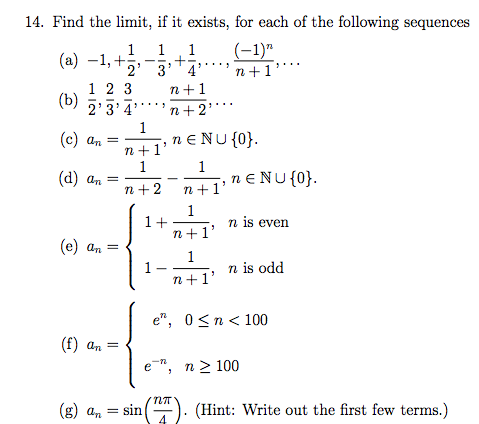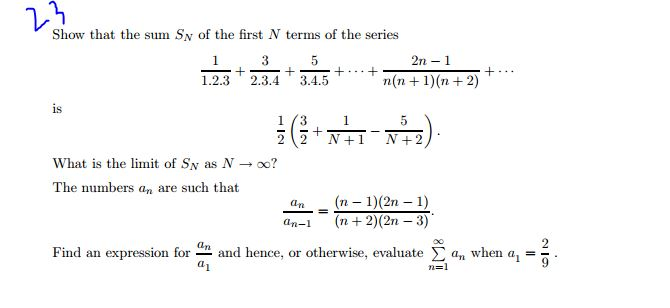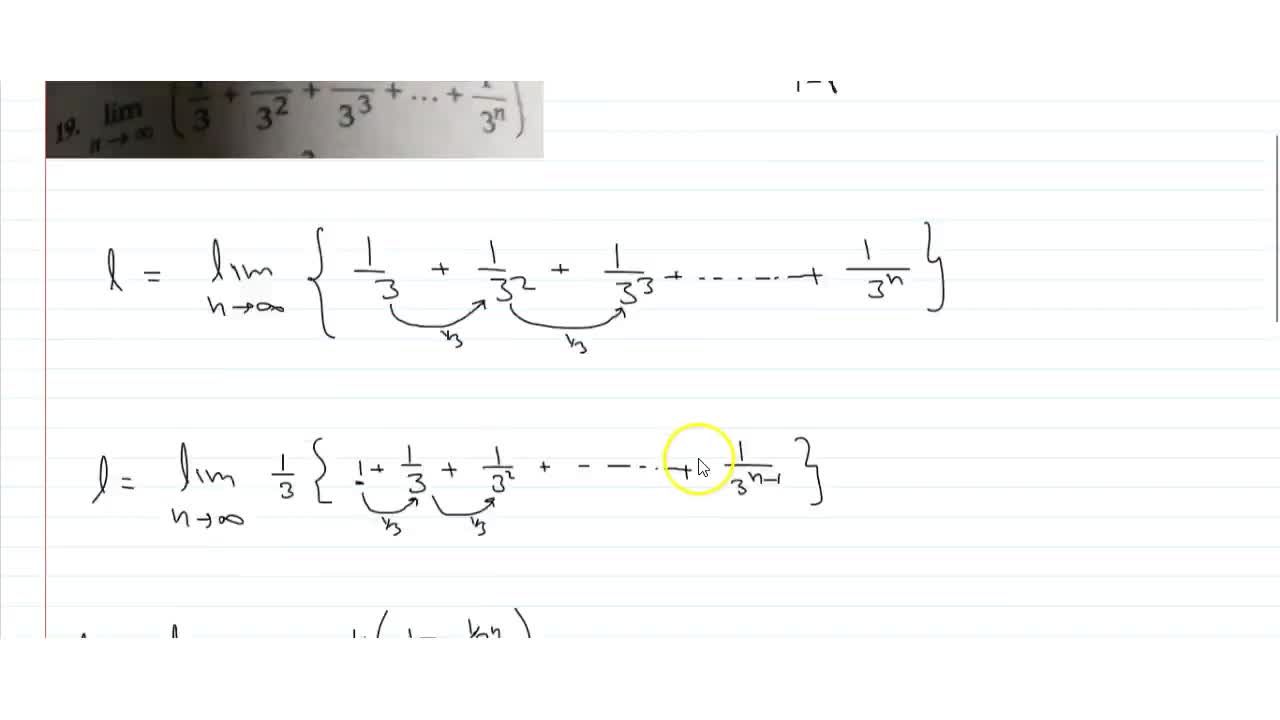Assignment 2 (MATH 214 B1) 1. Use the Comparison Test or Limit Comparison Test to determine whether the given series converges o
limit (where lim n→∞)[1 + 2^4 + 3^4 + .... +n^4]/n^5 - limit (where lim n →∞)[1 + 2^3 + 3^3 + .... +n^3]/n^5 is equal to - Sarthaks eConnect | Largest Online Education Community
Solved] Use the limit comparison test to check the convergence of the series: n = 1 2 n 3 n 2 + 6 n + 5 3 n 2 (Explain what series you are comparing... | Course Hero

Find the limit of 1/n^3 + 2^2/n^3 + 3^2/n^3 +...+n^2/n^3 as n goes to infinity (Sequences 2) - YouTube
What is the limit of {(2^3-1) (3^3-1) … (n^3-1) / (2^3+1) (3^3+1) … (n^3+1)} as n tends to infinity? - Quora

calculus - In showing integer sum $(1+2+3+...+n)$ by l'Hopital rule why they take lim as $r$ approaches to $1$ in one of steps? Why $1$? - Mathematics Stack Exchange
Math 320 / Homework 2 – ANSWER KEY Due: Wednesday 9/30/15 Name: ID: NOTE: Include all necessary steps to receive full or parti

real analysis - Determine if the sequence $\frac{3^n}{n^3+1}$ converges or diverges - Mathematics Stack Exchange
Math 1597 Exam 3 Spring, 2011 Solutions (25) 1. Calculate the limit as n X Г for each of the following sequences. Justify your
![limit of the sequence $a_n=n\left[\sin\left(\frac{1+n^3}{n^2}\right)-\sin n\right]$ - Mathematics Stack Exchange limit of the sequence $a_n=n\left[\sin\left(\frac{1+n^3}{n^2}\right)-\sin n\right]$ - Mathematics Stack Exchange](https://i.stack.imgur.com/Rsd9e.jpg)
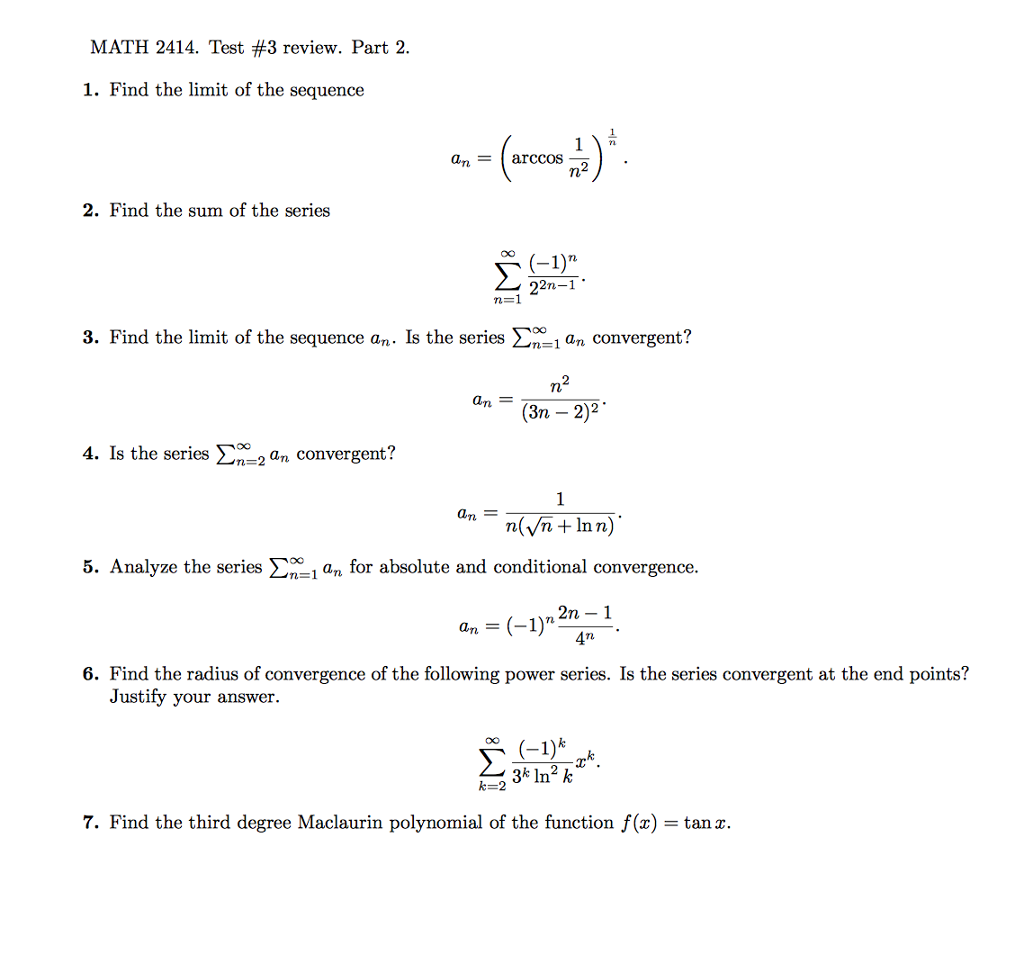
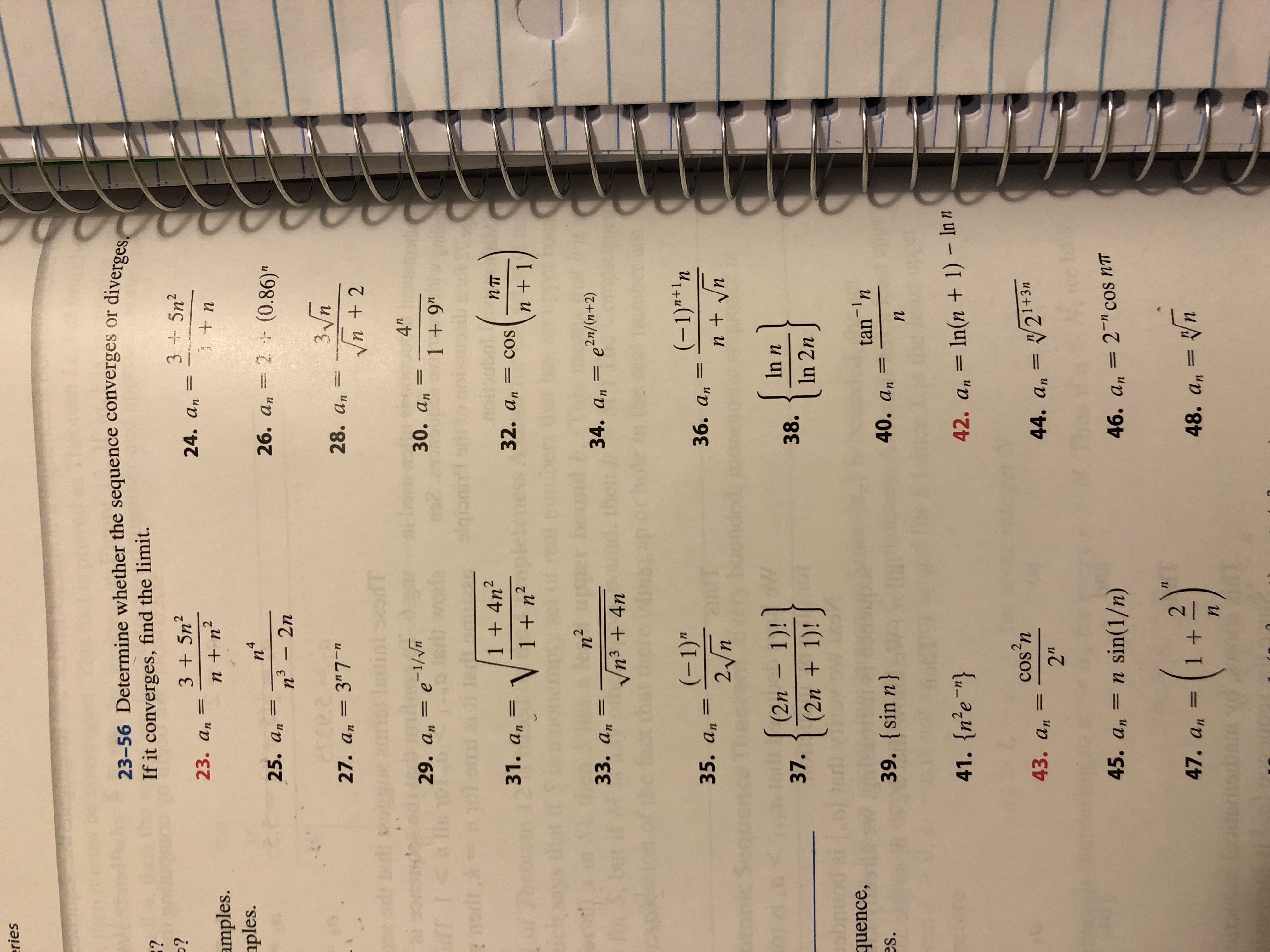
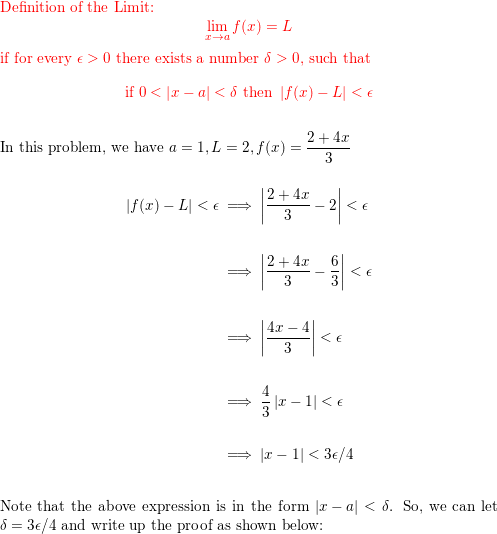
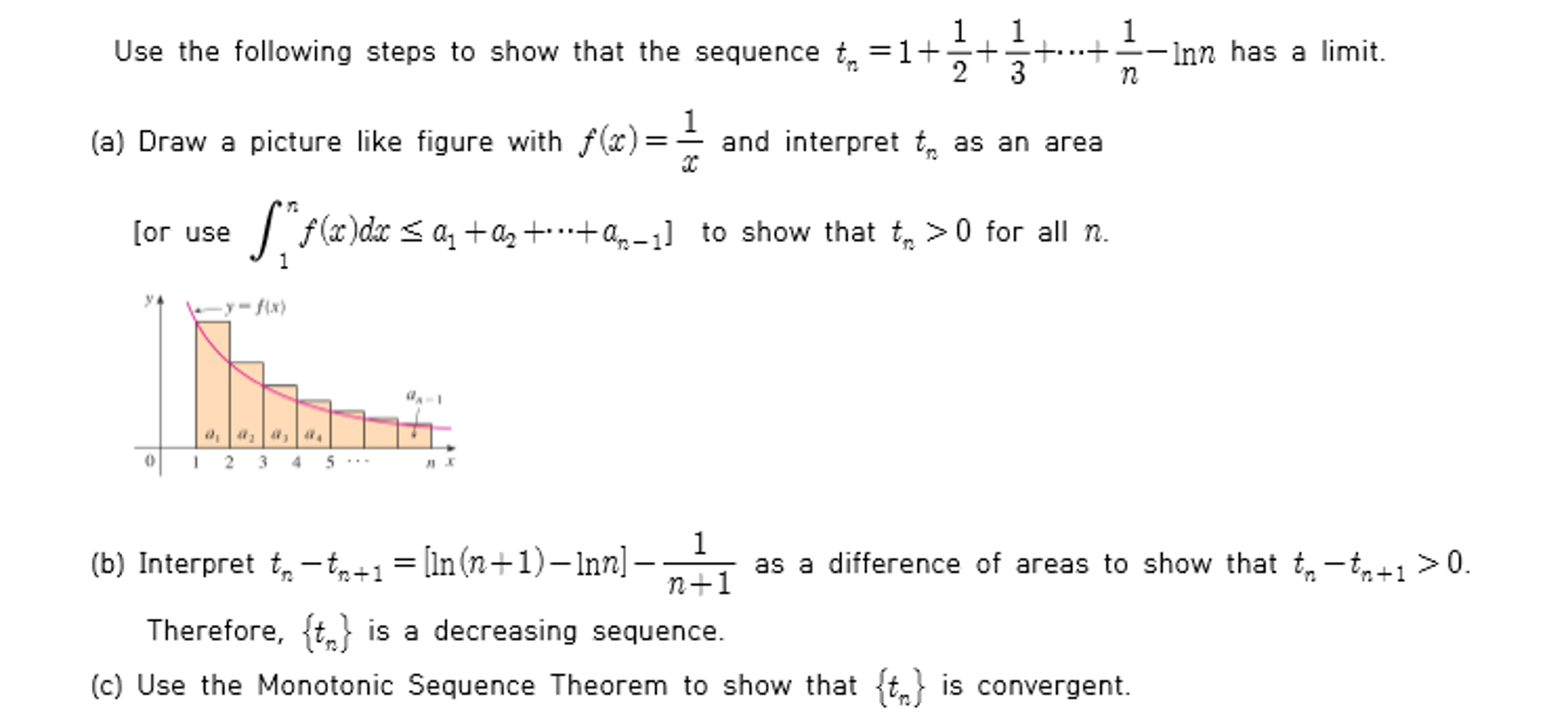

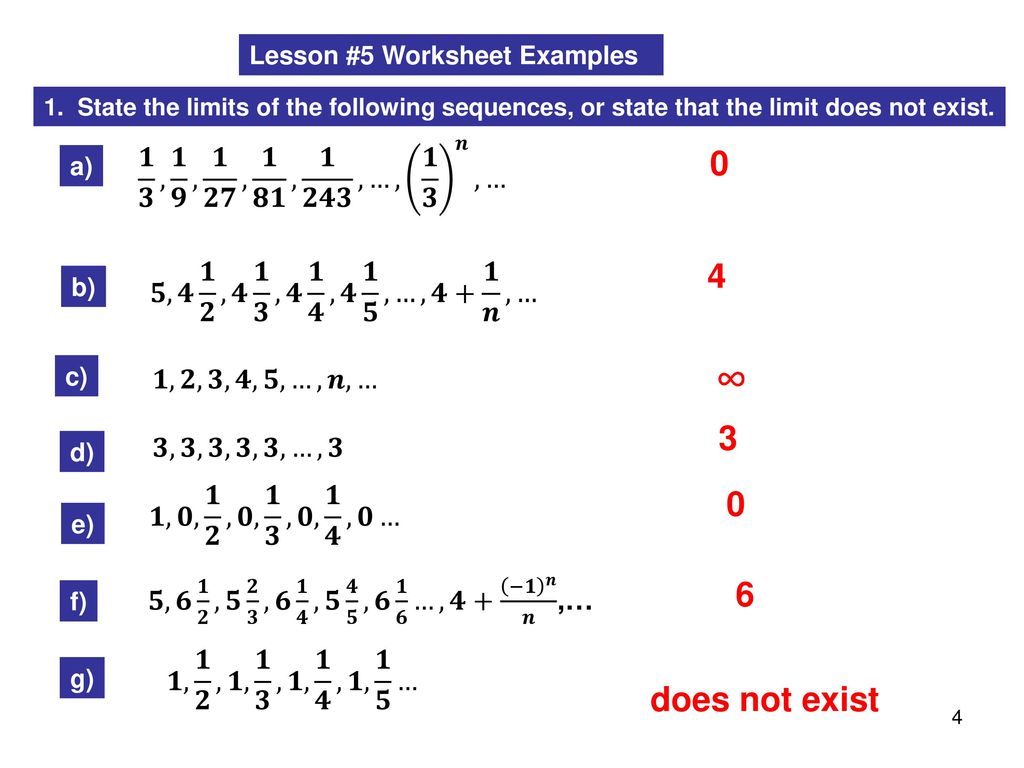

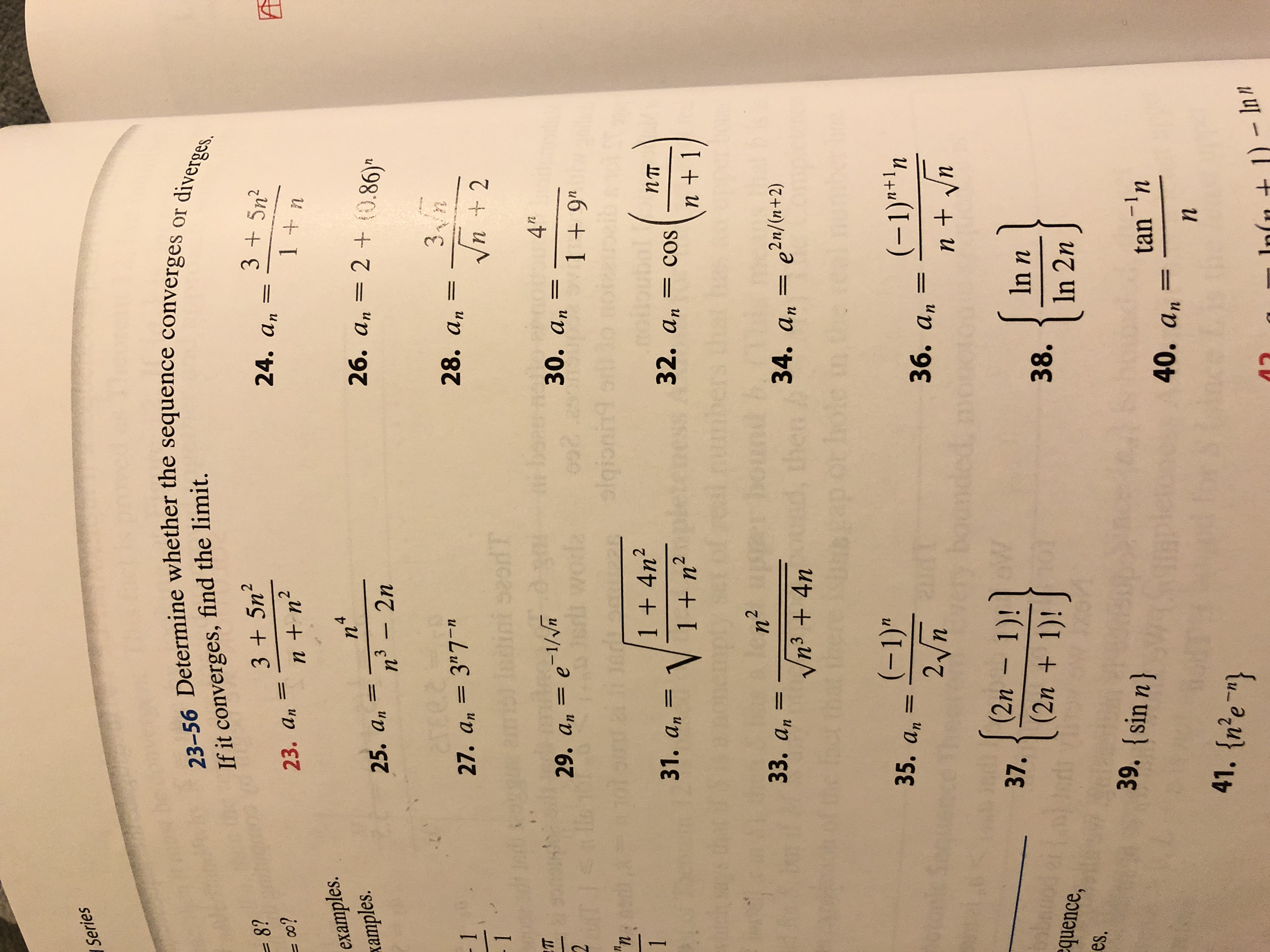

![EVALUATE: Lim(n→∞)[1/n+1/(n+1)+1/(n+2)+......+1/3n] - YouTube EVALUATE: Lim(n→∞)[1/n+1/(n+1)+1/(n+2)+......+1/3n] - YouTube](https://i.ytimg.com/vi/eR_0XG_M2ik/sddefault.jpg)
![The value of limit n→∞ [1/n+1/n + 1+1/n + 2+...+1/3n ] is The value of limit n→∞ [1/n+1/n + 1+1/n + 2+...+1/3n ] is](https://d1hhj0t1vdqi7c.cloudfront.net/v1/V2xkMUJjX2NlMEU=/sd/)
